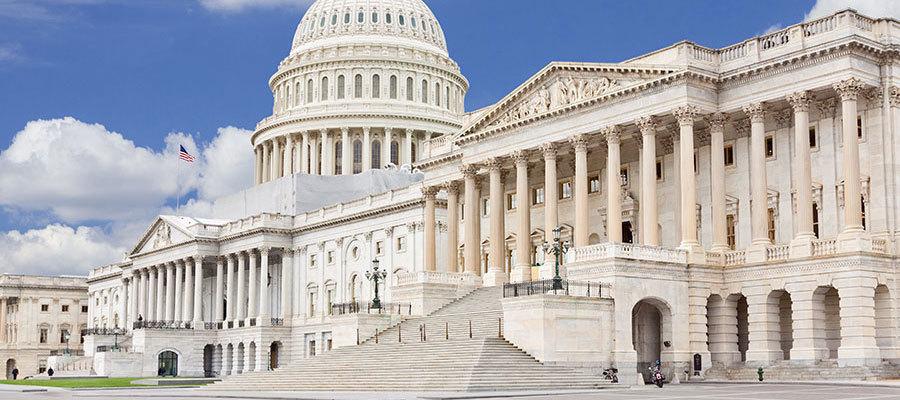House committee passes HHS appropriations bill for FY 2023

The House Appropriations Committee today voted 32-24 to approve legislation that would provide $242.1 billion in funding for the departments of Labor, Health and Human Services, and Education in fiscal year 2023, a 13% increase over the prior fiscal year.
According to a committee summary, the bill would provide $124.2 billion for HHS, $15.6 billion more than the FY 2022 enacted level but slightly below the president’s request. Specific increases over FY 2022 include:
• $2.5 billion more for the National Institutes of Health, including $100 million more for health disparities research;
• $500 million more for the Public Health and Social Services Emergency Fund, including a $30 million increase for the Hospital Preparedness Program;
• $2.6 billion more for the Substance Use and Mental Health Services Administration;
• $2 billion more for the Centers for Disease Control and Prevention, including $45 million more for public health workforce initiatives and $92 million more for social determinants of health;
• $683 million more for the Health Resources and Services Administration, including increases of $132 million for the behavioral health workforce and $44 million more for nursing workforce development;
• $872.7 million for the Title V Maternal and Child Health Block Grant, $125 million more than the previous fiscal year; and
• $92 million more for Social Determinants Accelerator Grants.
The Children’s Hospitals Graduate Medical Education program would receive $385 million in funding and rural health programs would receive $331 million, including increases for rural hospitals. The bill also provides $25 million to develop and disseminate best practices for Preventing Burnout in the Health Workforce as part of funding the Dr. Lorna Breen Health Care Provider Protection Act.
Notably, the HHS report language would urge the Centers for Medicare & Medicaid Services to evaluate several aspects of the Medicare Advantage program that are important to hospitals and health systems. Specifically, Congress would urge CMS to assess MA enrollees’ access to long-term acute care hospitals, inpatient rehabilitation facilities and substance use services, including by looking at MA plan prior authorization policies and network adequacy. In addition, the report encourages CMS to examine potential MA plan overpayments with a particular focus on risk adjustment.
The full House is expected to consider the bill in July.

